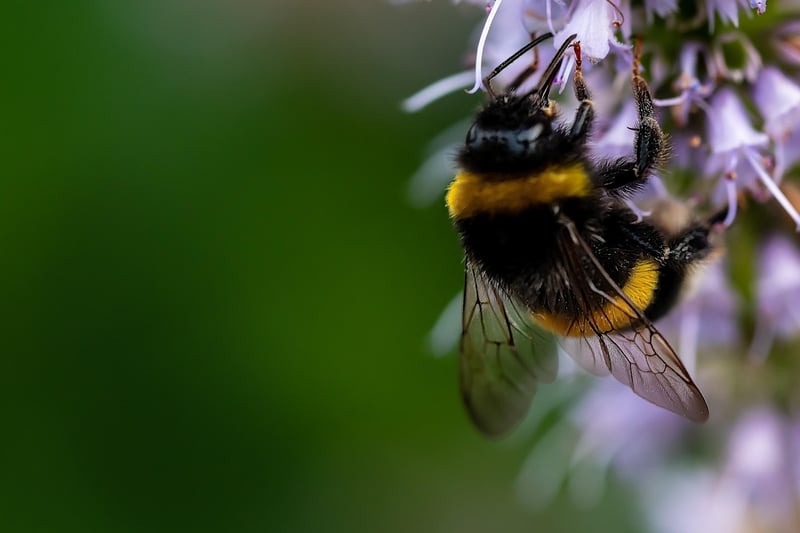Pollinator Support
Embrace Environmentally Friendly Gardening to Support Pollinators

Gardening is not only a relaxing and rewarding hobby but also a great way to support pollinators like bees, butterflies, and birds. By adopting environmentally friendly practices in your garden, you can create a thriving ecosystem that benefits both plants and pollinators.
Benefits of Environmentally Friendly Gardening:
- Reduces the use of harmful chemicals that can harm pollinators
- Promotes biodiversity by providing a variety of plants for pollinators to feed on
- Creates a sustainable and eco-friendly garden environment
- Supports the overall health of the ecosystem
Tips for Environmentally Friendly Gardening:
- Choose native plants that are well-suited to your region
- Avoid using synthetic pesticides and herbicides
- Plant a variety of flowers that bloom at different times to provide continuous food sources for pollinators
- Provide nesting sites for bees and butterflies, such as bee hotels and butterfly houses
- Use compost and natural fertilizers to enrich the soil
By following these tips, you can create a beautiful garden that not only looks stunning but also supports essential pollinators in your area.
Supporting Pollinators:
Pollinators play a crucial role in the reproduction of many plants, including fruits, vegetables, and flowers. By supporting pollinators in your garden, you are helping to ensure the continued growth of these plants.
Consider planting specific flowers that are known to attract pollinators, such as bee balm, lavender, and coneflowers. These plants provide food and habitat for bees, butterflies, and other pollinators.
Creating a pollinator-friendly garden not only benefits the environment but also adds color, life, and movement to your outdoor space.
Take the step towards environmentally friendly gardening today and make a positive impact on pollinators in your area!
For more information on pollinator-friendly plants and gardening practices, visit Pollinator Partnership.
